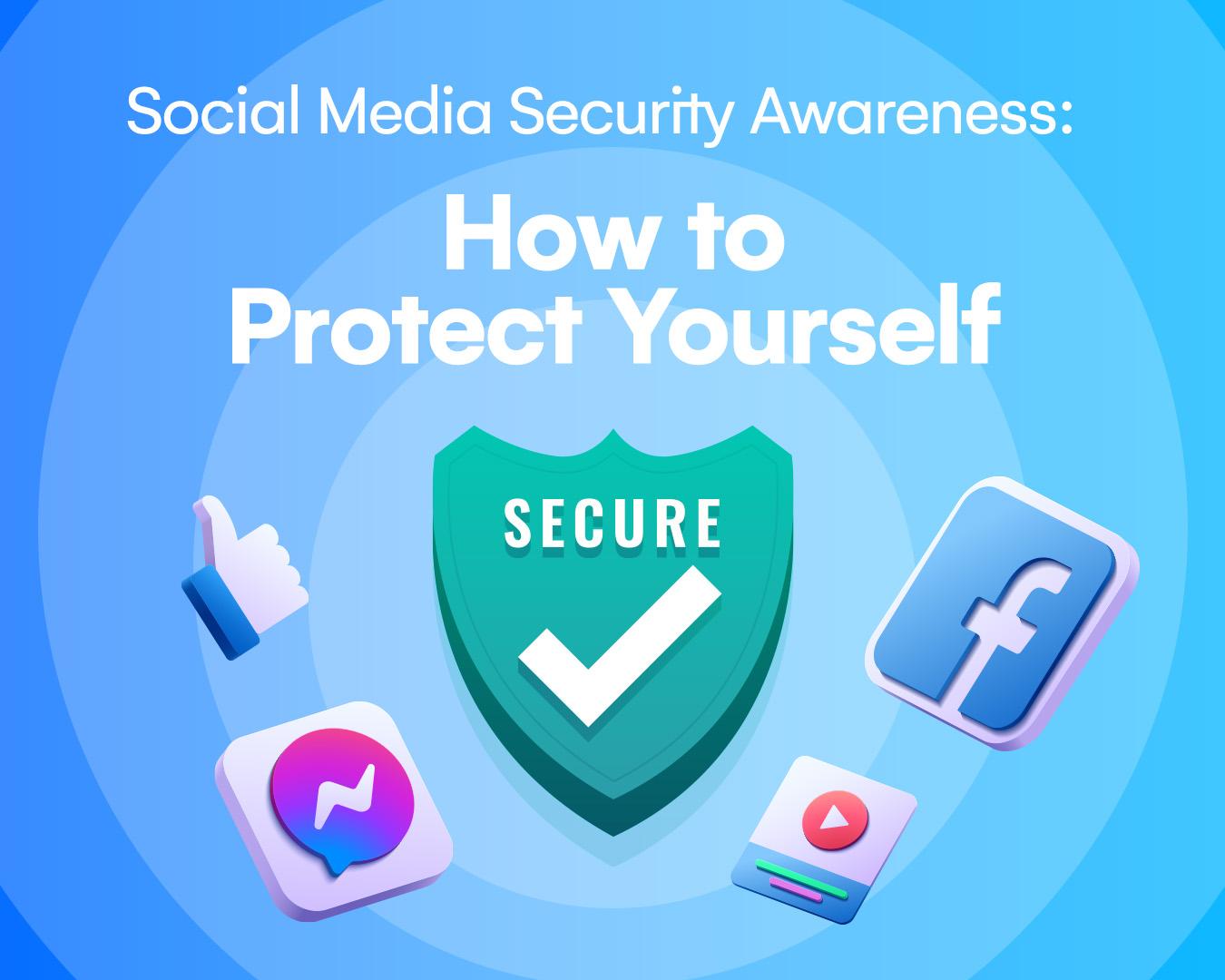
DECEMBER 09, 2024
Social Media Security Awareness: How to Protect Yourself

Social Media Security Awareness: How to Protect Yourself
Social media platforms have become central to our daily lives, connecting us with friends, family, and the world. And if you’re active on social media platforms, you’d know that they can help you make money.
Whether you’re into crypto or gift card trading, social media offers a great place for you to get insights and find how best to make money. However, these platforms also come with certain risks, as hackers and cybercriminals have begun targeting social media to compromise accounts and steal information.
Protecting your social media presence is essential, and here are some key steps to help you safeguard your personal data and stay secure online.
Use Strong, Unique Passwords
Creating strong passwords for each social media account is a basic yet critical step. Here’s how to make your passwords secure:
Make It Long: Aim for at least 12 characters, mixing uppercase letters, lowercase letters, numbers, and special characters.
Avoid Common Words: Don’t use easily guessed words or phrases like “password123” or “qwerty.”
Use Different Passwords for Each Account: If one account gets hacked, using unique passwords ensures others remain safe.
Also, consider using a password manager to help you create and store complex passwords securely.
Enable Two-Factor Authentication (2FA)
Two-factor authentication adds an extra layer of security by requiring a second form of verification in addition to your password.
When enabled, you’ll receive a code via text message, email, or an authentication app like Google Authenticator whenever you try to log in. This feature ensures that even if someone gets hold of your password, they still can’t access your account without the second form of verification.
Most social media platforms, including Facebook, Instagram, and Twitter, offer 2FA in their security settings. Even Stock Hut offers it too - be sure to make use of this for an added layer of security.
Be Cautious With Public Wi-Fi Networks
Using public Wi-Fi networks in cafes, airports, or hotels can expose your accounts to security risks. Hackers often set up fake networks to intercept sensitive information.
To stay safe, avoid loging in on public networks and always use a Virtual Private Network (VPN) if you do. However, most experts generally recommend that you never use public Wi-Fi networks in the first place.
Beware of Phishing Scams
Phishing attacks are common on social media and involve tricking you into sharing personal information or clicking malicious links. Some ways to identify and avoid phishing scams include:
Watch for Suspicious Messages: Be cautious of messages from unknown senders or from accounts pretending to be someone you know.
Avoid Clicking on Strange Links: Don’t click on links in unsolicited messages or emails, especially if they prompt you to enter your password.
Report Fake Profiles: If you receive messages from suspicious or fake accounts, report them to the platform to help prevent further scams.
Phishing attacks are designed to exploit trust, so always double-check before taking action.
Be Selective with Third-Party Apps
Many apps request access to your social media accounts, sometimes requiring permissions to post on your behalf or access your contacts. While some third-party apps are safe, others can be used to compromise your account or collect personal data. To minimize this risk:
Only Grant Access to Trusted Apps: Use apps with positive reviews and clear privacy policies.
Regularly Review App Permissions: Go through your social media account settings to revoke access for apps you no longer use.
Limit the Permissions You Grant: Only allow necessary permissions and avoid apps that require excessive access.
Third-party apps can introduce vulnerabilities, so it’s best to review them regularly.
Recognize and Avoid Oversharing
The more you share on social media, the easier it becomes for hackers or cybercriminals to learn about you and potentially guess security answers or passwords. Avoid posting personal details that could be used to impersonate you or answer security questions, such as:
Your full date of birth
Details about your daily routine
Information about your family members or pets (often used in security questions)
Staying mindful of what you post helps protect your privacy and security.
Stay Updated on Security Trends
Cybersecurity threats evolve, so staying informed about current security practices is essential. Follow trustworthy sources and cybersecurity blogs to stay aware of new threats and security tips. Many social media platforms also release security updates and provide user tips for account protection.
More Stories

DECEMBER 30, 2024
With crypto, you could literally earn well from the comfort of your home - and, because the market is here to stay, the opportunities for you to earn and be profitable are truly endless.

AUGUST 30, 2024
The current global financial landscape is quite interesting to see. Ever since inflation became an issue a few years ago, more and more people have been looking to get their hands on U.S Dollars.